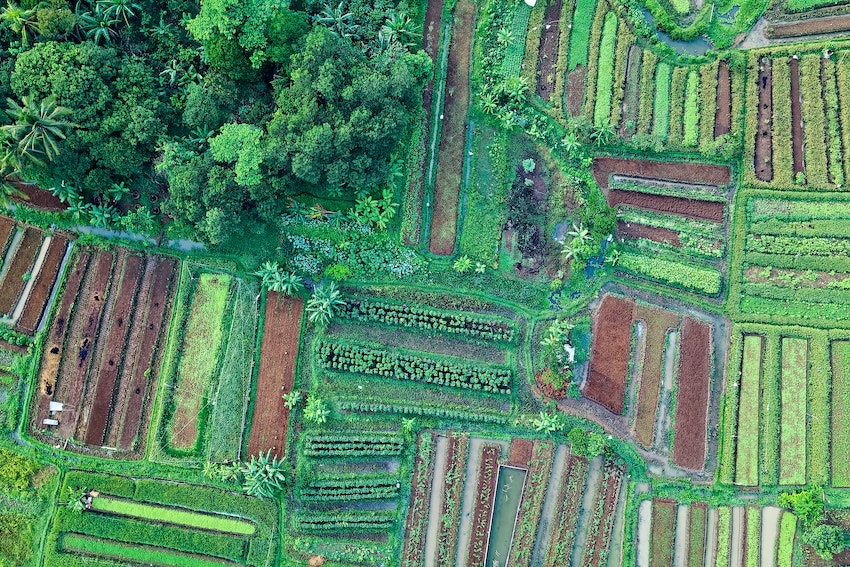Land Valuable Non-Depreciable Asset: Land is considered an asset that is not subject to depreciation due to its infinite useful life and enduring value. Unlike other fixed assets, land does not wear out, become obsolete, or lose its ability to contribute to a company’s operations over time.
It remains a valuable resource that can be utilized indefinitely for various purposes. Additionally, the scarcity of land often leads to an increase in its value over time, making it a long-term investment that can appreciate rather than depreciate.
As a result, land is regarded as a valuable asset that provides ongoing benefits to its owner.
Land: The Everlasting Asset That Doesn’t Depreciate
- Land is not subject to depreciation as it has an infinite useful life.
- Unlike other fixed assets, land does not wear out, become obsolete, or lose its operational value.
- The scarcity of land often leads to its appreciation in value over time.
- Buildings, machinery, and vehicles have limited lifespans and gradually lose value.
- Land is seen as a long-term investment that can provide ongoing benefits to its owner.
- Land’s enduring value and potential for appreciation differentiate it from depreciating assets.
- Land remains a valuable resource that can be utilized for various purposes indefinitely.
Land as an Evergreen Asset: Discovering Its Long-Term Utility and Appreciation

In the realm of property, land stands out as an entity that remains impervious to depreciation. Unlike other fixed assets which have a limited useful life and lose value over time, land is given an infinite useful life.
This unique feature exempts land from the common practice of depreciation, which aims to allocate the cost of the asset over its useful life.
We unravel the mystery behind why land is immune to depreciation and explore its eternal importance as an invaluable resource for businesses and individuals.
The Infinite Useful Life of Land
The fundamental reason behind the exemption of land from depreciation lies in its infinite useful life. Unlike buildings, machinery, or vehicles that deteriorate over time, land, in its natural state, does not deteriorate, become obsolete, or lose its ability to contribute to a company’s operations. This perpetual usufruct gives the land a permanent asset that can be used indefinitely for a range of purposes.
Scarcity and Appreciation of Land
Another inevitable factor that protects land from depreciation is its scarcity and consequent increase in value over time. As land resources become scarce due to urbanization and population growth, their demand increases, thereby increasing their value.
This increase in land value contrasts the declining value experienced by many other assets and reinforces land as a long-term investment with the potential for significant returns.
Land as a Long-Term Investment
Unlike fixed assets that gradually lose value and require replacement or upgrades, land is considered a resilient long-term investment.
Its ability to appreciate over the years makes it an attractive option for investors seeking stability and growth.
Moreover, diversity of land use ensures its continued contribution to business operations, whether for development, agriculture or leasing.
Land’s exemption from depreciation arises from its infinite useful life, continued usefulness and resistance to wear and tear. Unlike other fixed assets, land is a valuable resource that retains its value and can be used indefinitely.
Appreciation driven by its scarcity increases its attractiveness as a long-term investment, offering its owner the potential for ongoing gains. As a non-valuable asset, land is a symbol of stability, growth and enduring value in the ever-changing landscape of property.
For businesses or individuals, land ownership remains a wise choice, providing a foundation for stability and future prosperity.
Recommended Blog: 10 Mind-Blowing Hacks to Transform Black Money into White Money
Get the latest information on business, finance, investment, brand building, lifestyle, entertainment, and billionaire quotes on edueasify.
